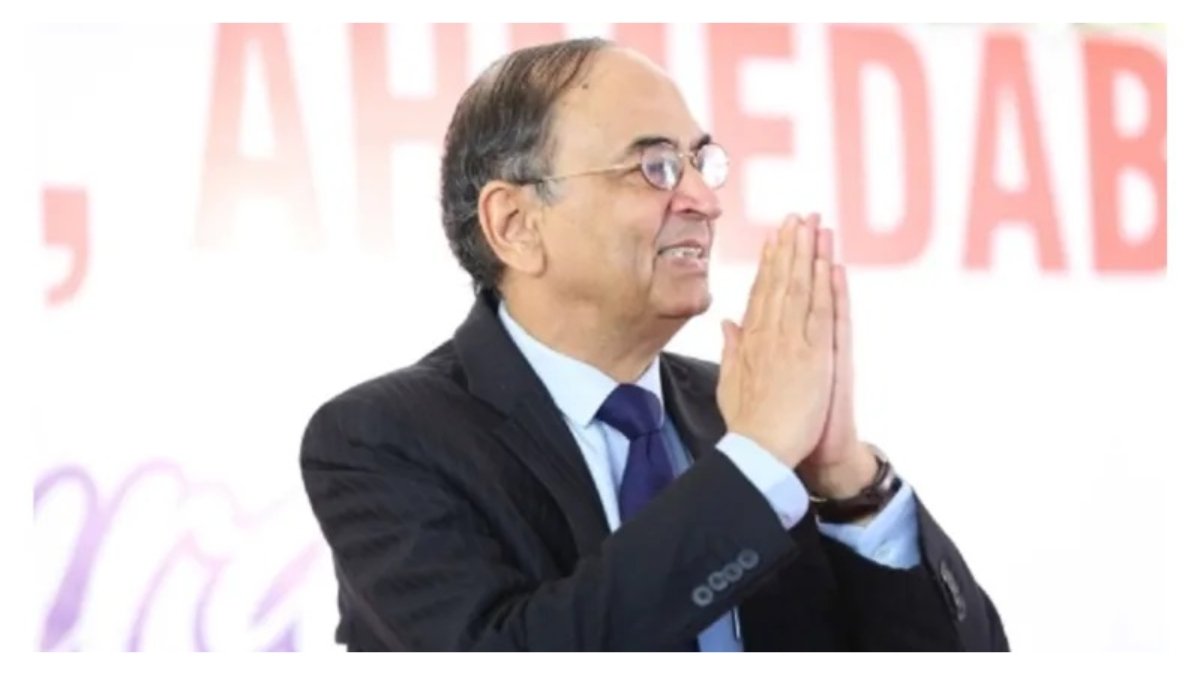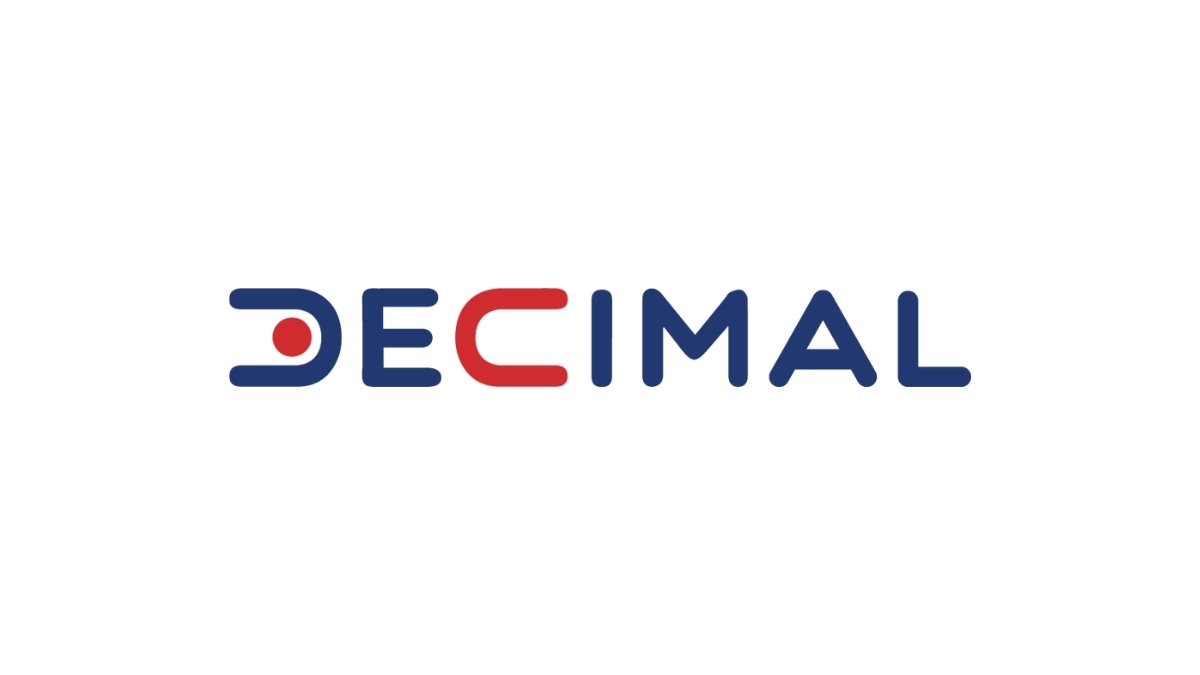

ZeNix trial in South Africa and Eastern Europe sought to optimize the 6-month treatment regimen with reduced exposure to the drug linezolid
India has the leading number of TB cases globally
New Delhi/Berlin/Pretoria, July 16: The results of ZeNix, a Phase 3 clinical trial that took place in 11 sites across Georgia, Moldova, Russia, and South Africa, revealed that the BPaL treatment remains effective against highly drug-resistant strains of tuberculosis (TB) with either reduced dosage or duration of the linezolid component of the regimen. Simultaneously, with the maintenance of efficacy, there was a decrease in linezolid-associated side effects. The results from the trial, which was led by TB Alliance, a non-profit TB drug developer, were announced ahead of an oral abstract presentation next week at the 11th IAS Conference on HIV Science.
The BPaL regimen—which combines the antibiotics bedaquiline (B), pretomanid (Pa), and linezolid (L)—received its first regulatory approval in August 2019 for use against highly drug-resistant strains of TB. Historically, treatment would take 18 months or longer, with reported global success rates averaging 43%.
“We now have evidence that the BPaL regimen can be optimized to make it even easier to use,” said Mel Spigelman, M.D., President and CEO of TB Alliance, which developed pretomanid for use in the regimen. “Until recently, patients with highly drug-resistant TB—among the most difficult infections to identify and treat—had to suffer through a combination of as many as eight antibiotics, some involving daily injections, for 18 months or longer.”
This Phase 3 clinical trial shows how TB Alliance’s new six-month three-drug treatment for highly drug-resistant TB can be administered by reducing the dosing of the drug linezolid. This regimen reduces the treatment time for highly drug-resistant forms of TB from 18 months or longer to six months duration.
India has the leading number of TB cases globally, accounting for more than 1 in 4 of all cases of active TB disease, including approximately 120,000 cases of drug-resistant forms of TB. India’s Prime Minister Mr. Narendra Modi has set an ambitious goal of TB eradication in India by 2025, ahead of the 2030 target of the Sustainable Development Goals. This bold commitment may face headwinds in the context of the unforeseen challenges posed by Covid-19, as well as the low success rates of current DR-TB treatments, which limit the potential of expanding TB services.
The ZeNix trial was a four-arm, randomized, double-blinded study as to dosage and duration of linezolid that enrolled 181 patients with highly drug-resistant forms of TB in South Africa, Russia, Georgia, and Moldova. Of these participants, 36 (20%) were HIV positive. Patients were treated for six months with bedaquiline, pretomanid, and varying doses and durations of linezolid, with follow-up, reported thus far to the primary endpoint six months after completion of treatment. The aim of the trial was to evaluate whether the efficacy of the BPaL regimen could be maintained while reducing a patient’s exposure to linezolid and its associated side effects.
The study enrolled participants with extensively drug-resistant (XDR) TB, pre-XDR-TB, or failed or treatment-intolerant multidrug-resistant TB. Per the intent to treat analysis, the success rate for participants receiving the highest dosage of linezolid (1200mg for 6 months) was 93%. The efficacy level was similarly high in the remaining arms, reported as 89% among participants receiving 1200mg of linezolid for 2 months, 91% for those receiving 600mg of linezolid for 6 months, and 84% among those receiving 600mg of linezolid for 2 months. Dosing of bedaquiline and pretomanid was consistent across the four arms.
Adverse reactions reported in at least 10% of trial participants included peripheral neuropathy (38% of those receiving 1200mg of linezolid for six months; 24% of those receiving 1200mg of linezolid for two months; 24% of those receiving 600mg of linezolid for six months; 13% of those receiving 600mg of linezolid for two months). An evaluation of myelosuppression, as manifest as anemia, found that patients had decreased hemoglobin levels related to linezolid exposure (22% of those receiving 1200mg of linezolid for six months; 17% of those receiving 1200mg of linezolid for two months; 2% of those receiving 600mg of linezolid for six months; 7% of those receiving 600mg of linezolid for two months).
“The results of this study are very reassuring. With a reduction in the dose and/or duration of linezolid, we can still offer patients a high chance of cure in only six months,” said Francesca Conradie, M.D., principal investigator for the ZeNix clinical trial as well as South Africa’s Clinical Access Program for the regimen.
TB Alliance plans to submit data from ZeNix to a peer-reviewed publication.









Comments are closed.